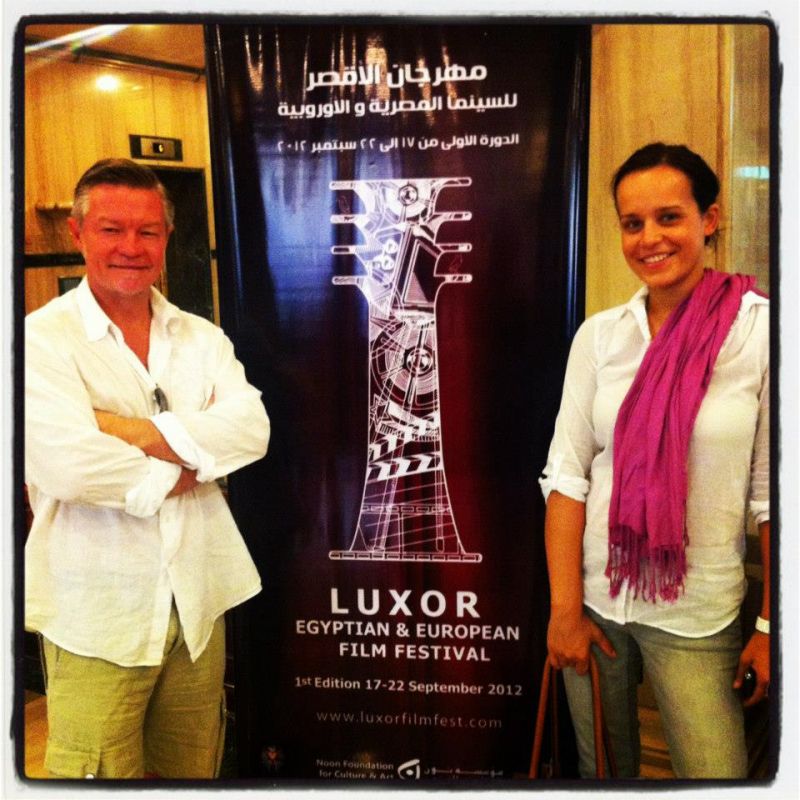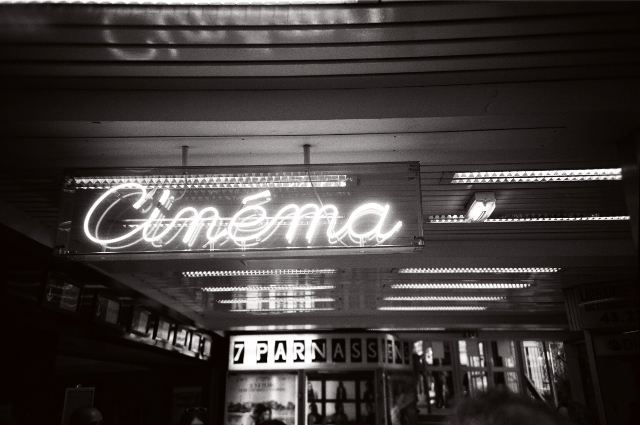By Ben Cookson
Romanian filmmaking attracted world attention in 2007 when two films were honored at the Cannes Film Festival. Cristian Mingui’s 4 Months, 3 Weeks and 2 Days, a harrowing portrayal of illegal abortion, was awarded the prestigious Palme D’Or, and California Dreamin’, a tale about American soldiers during the Kosovo conflict, won Un Certain Regard for its director Cristian Nemescu.
Tragically, Nemescu won the award posthumously, as the young director was killed in a car accident before the film had completed editing. The jury at Cannes had initially decided not to officially judge California Dreamin’ , but they changed their minds after viewing it.
The head of the jury, Pascal Ferran, described California Dreamin’ as “by far the most vibrant and most free cinematic offer that we have seen during the past ten days." The subsequent “buzz” generated around the film has ensured that it will now receive worldwide distribution.
Before his death, Nemescu was amongst the new generation of young Romanian filmmakers who were starting to win international recognition. At Cannes 2006 Corneliu Porumbui won the Camera D’Or for 12:08 East of Bucharest; the year before Un Certain Regard was taken back to Bucharest by Crisi Puiu for The Death of Mr Lazarescu; and in 2004 the Palme D’Or for best short film went to Catalin Mitulescu for Trafic. It is not unsurprising how these collective successes have lead to talk of a Romanian New Wave.
It was not long ago that the Romanian film industry was better known as a service industry for foreign filmmakers. Notably, Anthony Minghella’s 83,000,000 dollar Cold Mountain was filmed there in 2003. “Cold Mountain,” said Minghella “was proof to Hollywood producers that shooting films in Romania is a viable option".
With its wealth of beautiful locations, skilled film technicians and financial incentives continuing today, Romania remains an attractive setting for overseas production companies. 8 major foreign productions were filmed in Romania in 2006: Pu-239; Borat; Blood and Chocolate; Pulse; Shadow Man; Van Wilder 2: The Rise of Taj; Second in Command and Francis Ford Coppola’s Youth Without Youth.
As well as boosting the Romanian economy, the foreign investment has helped develop local talent and has inspired homegrown young filmmakers. However, the growing body of great Romanian films and the burgeoning trophy cabinet, is a result of more than just industry growth.
The Romanian writer and director Catalin Leescu, whose film Afterimage featured at ECU 2007, explains how the new generation are united in a common cause which he believes is responsible for the recent successes: “It’s to do with the refusal of ‘old-school cinema’ which is the current unclaimed intention of all the new Romanian filmmakers.”
Up until the communist dictatorship’s downfall in 1989, the only filmmaking in Romania was state controlled propaganda. This forced earlier Romanian hopefuls, like Livui Ciulei who won the best director at Cannes in 1965, out of cinema. Now an EU member state, Romania’s young filmmakers are fighting to tell stories about a past which has not been seen before on the big screen. In addition, the new generation are making films about the present, turning the camera on life in contemporary Romania.
Palme D’Or winner Mingui’s first feature, Occident (2002), explicitly explores post-communist Romania’s yearning for the West in a bitter sweet comedy. The film struck a nerve in his home nation and became a huge hit by Romanian standards, despite there being only thirty seven theatres throughout the country. Romanian cinema exhibition in 2005 generated only 24 million RON (7.1 million EUROS).
Leescu pragmatically suggests that the shockingly small market at home impacts upon Romania’s output; like the characters in Occident, they are forced to strive for international recognition.
After winning such renowned awards at international festivals, Romanian films are featuring in cinemas across the world, but despite this, Romanian film production is far from ideal. Competition for state support is still fierce, with upcoming filmmakers constantly battling for funds from the Centrul National al Cinematografiei (CNC).
Cannes 2004 winner Puiu was initially rejected funding for The Death of Mr Lazarescu because officials feared the film would highlight Romania’s ailing health system and damage the country’s reputation. Puiu took his case direct to the culture minister where the decision was overturned.
Although a fantastic result, Puiu highlights how he still has to pay the CNC back. "They work like a bank,” he said. “I have 10 years to pay them back or they end up owning the film."
Today, even established and celebrated Romanian filmmakers have to privately fund their own projects at times. Porumboiu had to personally finance 12:08 East of Bucharest and ECU favorite Leescu presently finds himself facing a similar predicament. His ambitious independent project Good Sequences from Non-existent Movies, is currently on hold due to a lack of state support.
“Acting outside of ‘the System’ my resources are ten times less than those making films with state support. Romanian independent filmmaking is a tougher task than it appears,” said Leescu.
The European Independent Film Festival 2008 waits with anticipation to see how many entries will come from Romania at ECU. They are a crowd favorite because their creative inspiring approach to storytelling has reminded world cinema that you don’t need big budgets to make a big impact.

























 Hillier Scott
Hillier Scott 


